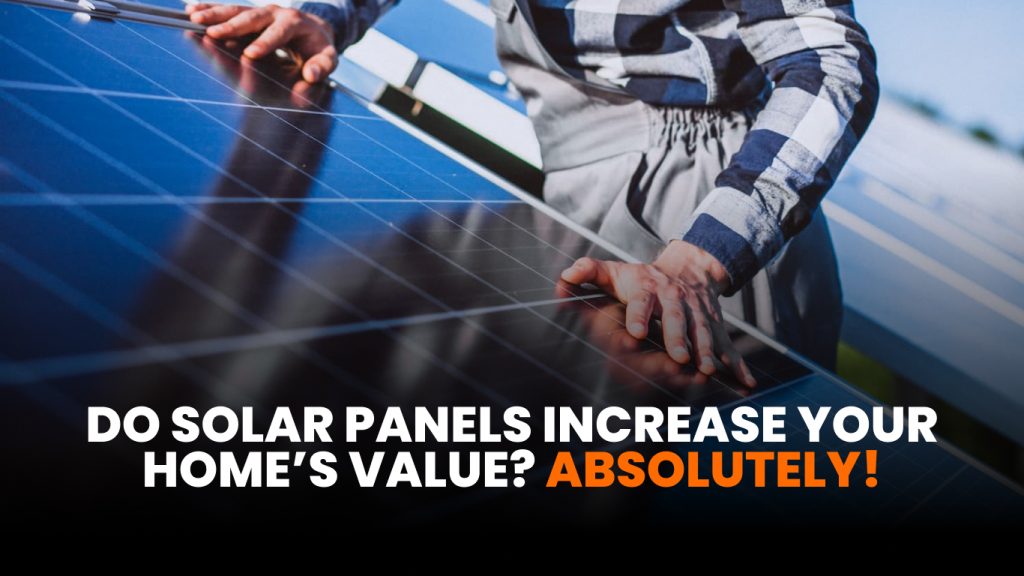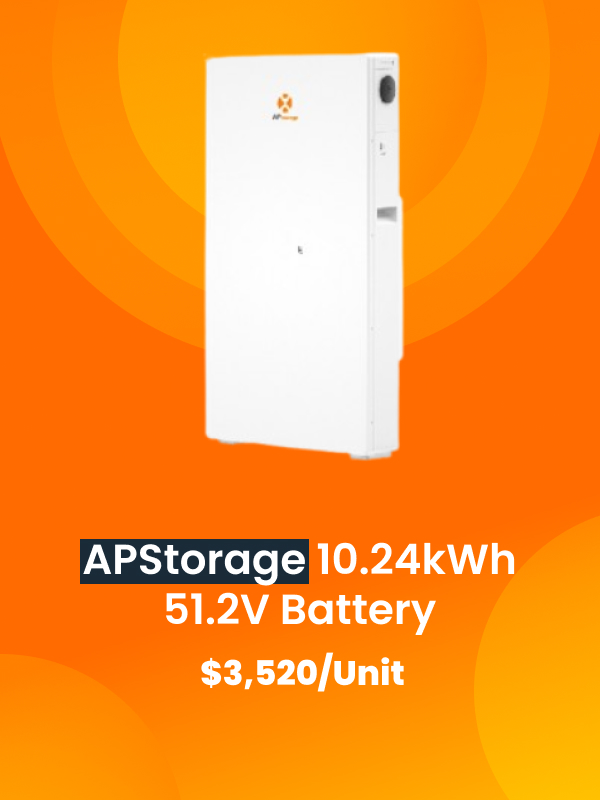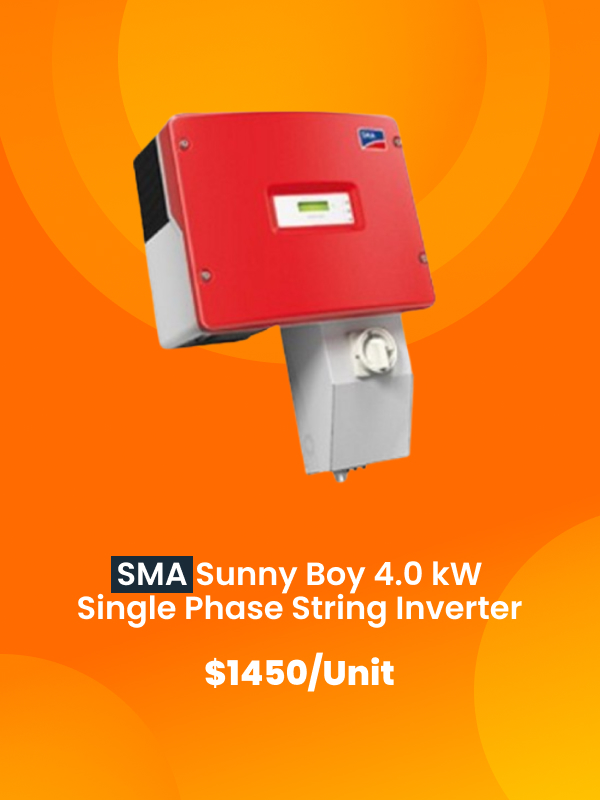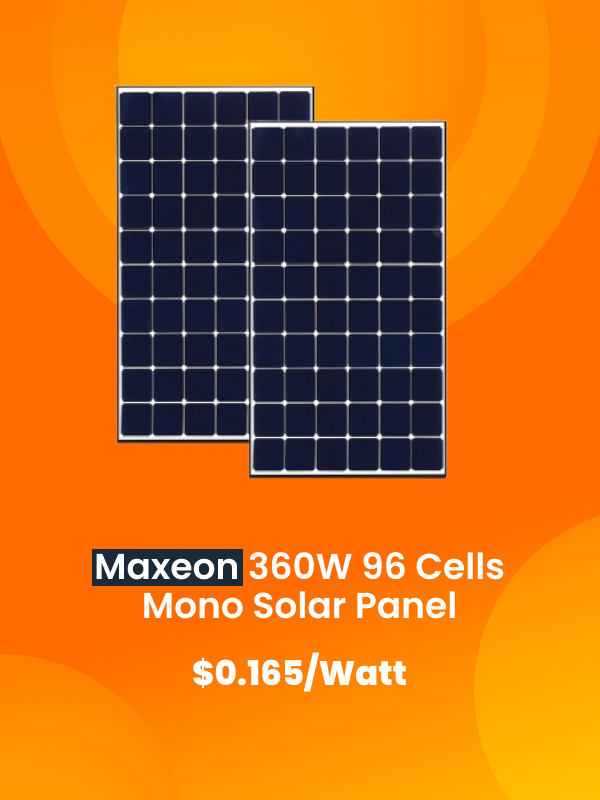If you’re considering adding solar panels to your home, you’re not just investing in clean energy—you’re also boosting your property’s value. Even if you don’t plan on staying in your house forever, a solar system can help you sell it faster and for a higher price. In fact, homes with solar panels can sell for up to $20,000 more than those without. Let’s explore how solar installations impact home value, why buyers love them, and what that means for your bottom line.
The rising demand for solar-powered homes
With electricity rates steadily increasing, more buyers are looking for homes with built-in solar energy systems. Studies from the National Renewable Energy Laboratory (NREL) show that in California, homes with solar panels sell 20% faster than those without. Why? Because a home that generates its own electricity offers long-term cost savings and energy security.
Beyond financial benefits, many buyers are drawn to the environmental impact of solar energy. Unlike traditional power sources, solar panels produce no carbon emissions, noise, or pollution. When paired with a battery storage system, they serve as a reliable alternative to gas-powered generators. With climate concerns growing, homeowners are increasingly looking for ways to reduce their carbon footprint, making solar-equipped homes even more desirable.
How solar panels boost home value
One of the biggest reasons solar panels make a home more valuable is the energy efficiency improvements they bring. A key metric used to measure energy efficiency is the Home Energy Rating System (HERS). This scoring system ranks homes from 0 to 150, with lower scores indicating higher efficiency. Older resale homes typically have a score of 130, while new homes hover around 100.
Studies show that homes with lower HERS scores sell 2.7% more often and command prices that are 3-5% higher. Additionally, buyers of energy-efficient homes often have better mortgage profiles, making the purchasing process smoother. Installing solar panels is one of the most effective ways to lower your HERS score, which can directly translate to higher resale value.
The aesthetic evolution of solar panels
One reason some homeowners hesitated to install solar in the past was the way they looked. Early solar panels, particularly polycrystalline panels, had a blue tint that didn’t always blend well with home exteriors. However, modern monocrystalline panels have a sleek black design that complements most rooftops, sometimes even enhancing a home’s curb appeal.
Leading brands like Solaria, Maxeon, Q CELLS, and Silfab offer all-black panel designs that look modern and high-end. So, if aesthetics were holding you back, the latest solar panels can actually boost the visual appeal of your home.
Will solar panels increase your property taxes?
A common concern for homeowners is whether adding solar panels will lead to higher property taxes. Since solar installations are considered permanent home improvements, they do typically raise a home’s assessed value. On average, each kilowatt (kW) of solar power can add $4,000-$5,000 to a home’s value, which could increase property taxes.
However, many states offer property tax exemptions to encourage renewable energy adoption. Some of the most solar-friendly states include:
- California: Offers a 100% property tax exclusion on solar systems through 2025.
- New York: Provides a 15-year property tax exemption for solar installations.
- Florida: Permanently exempts solar systems from property tax assessments.
- Massachusetts: Offers a 20-year property tax exemption for solar improvements.
- Texas: Allows local authorities to grant property tax exemptions for solar, though policies vary by county.
Before installing a solar system, it’s a good idea to check with your local tax assessor’s office to confirm what exemptions apply in your area.
How much more can you sell your home for?
Studies show that solar panels can increase a home’s value by around 4%. With the median home price in the U.S. at approximately $500,000, that translates to an added value of $10,000 to $20,000. A study from Zillow confirms this trend, noting that homes with solar tend to sell at a premium.
The actual boost in value depends on factors like the age of your solar panels, the local energy market, and the quality of your roof. However, homeowners who invest in solar typically recover their costs when they sell, making it a financially sound decision.
The financial payback of solar panels
Beyond adding resale value, solar panels are a long-term investment that can pay for themselves multiple times. The average payback period for a solar system in the U.S. is 7-8 years, meaning homeowners recoup their initial investment within a decade. Since solar panels typically last 25+ years, they can generate free electricity for decades after paying for themselves.
For homebuyers, purchasing a house with an existing solar system is also a win. It means they can start saving on electricity costs immediately, avoid the installation process, and potentially benefit from net metering agreements the previous owner set up with the utility company. Plus, they get the peace of mind of reviewing past solar performance logs before making the purchase.
Considerations for leased solar systems
While owned solar systems increase home value, leased solar panels can have the opposite effect. Many buyers hesitate to take over a solar lease, as it means committing to ongoing payments for a system they didn’t choose. If you’re considering selling your home in the future, it’s often better to purchase solar panels outright rather than leasing them.
Final thoughts: Solar panels are a smart investment
Whether you plan to stay in your home long-term or sell in the near future, installing solar panels is a decision that offers immediate and lasting benefits. From increasing property value and reducing electricity bills to making homes more attractive to buyers, solar energy is a win-win investment.
By installing a solar system, you’re not just adding panels to your roof—you’re adding long-term financial stability, energy independence, and environmental benefits to your home. And with many states offering tax exemptions, the added value won’t necessarily mean higher property taxes.
If you’re thinking about going solar, now is a great time to make the switch. Not only will you enjoy lower energy costs, but you’ll also be making your home more desirable in the real estate market. Ready to take the next step? Sunhub can help you find the right solar solution for your home today!
FAQs
1. Do solar panel increase home value?
Yes, studies show that homes with solar panels sell for up to 4% more than those without, potentially adding $10,000 to $20,000 in value.
2. Do homes with solar panels sell faster?
Yes, homes with solar panels can sell 20% faster than non-solar homes, as buyers are drawn to energy savings and sustainability.
3. Will solar panels increase my property taxes?
Possibly, but many states offer property tax exemptions for solar installations, reducing or eliminating additional taxes.
4. How much does solar add to home value per kW?
Each kilowatt (kW) of solar power can add $4,000-$5,000 to a home’s value, depending on location and energy costs.
5. Does solar panel aesthetics affect resale value?
Modern black monocrystalline panels are sleek and can enhance curb appeal, making homes more attractive to buyers.
6. Are solar panels a good investment for homeowners?
Yes, solar panels pay for themselves in 7-8 years, reduce electricity bills, and add long-term financial benefits.
7. What happens if I sell my home with leased solar panels?
Leased solar panels may make selling more challenging since buyers must assume the lease payments. Owned solar systems are preferable for resale.
8. Do solar homes attract better mortgage profiles?
Yes, buyers of energy-efficient homes often have better credit scores, making the financing and purchase process smoother.
9. Can solar panels work during power outages?
Yes, when paired with battery storage, solar panels can provide backup power during outages.
10. Is now a good time to install solar panels?
Yes, with increasing energy costs, state incentives, and tax exemptions, now is a great time to switch to solar.




